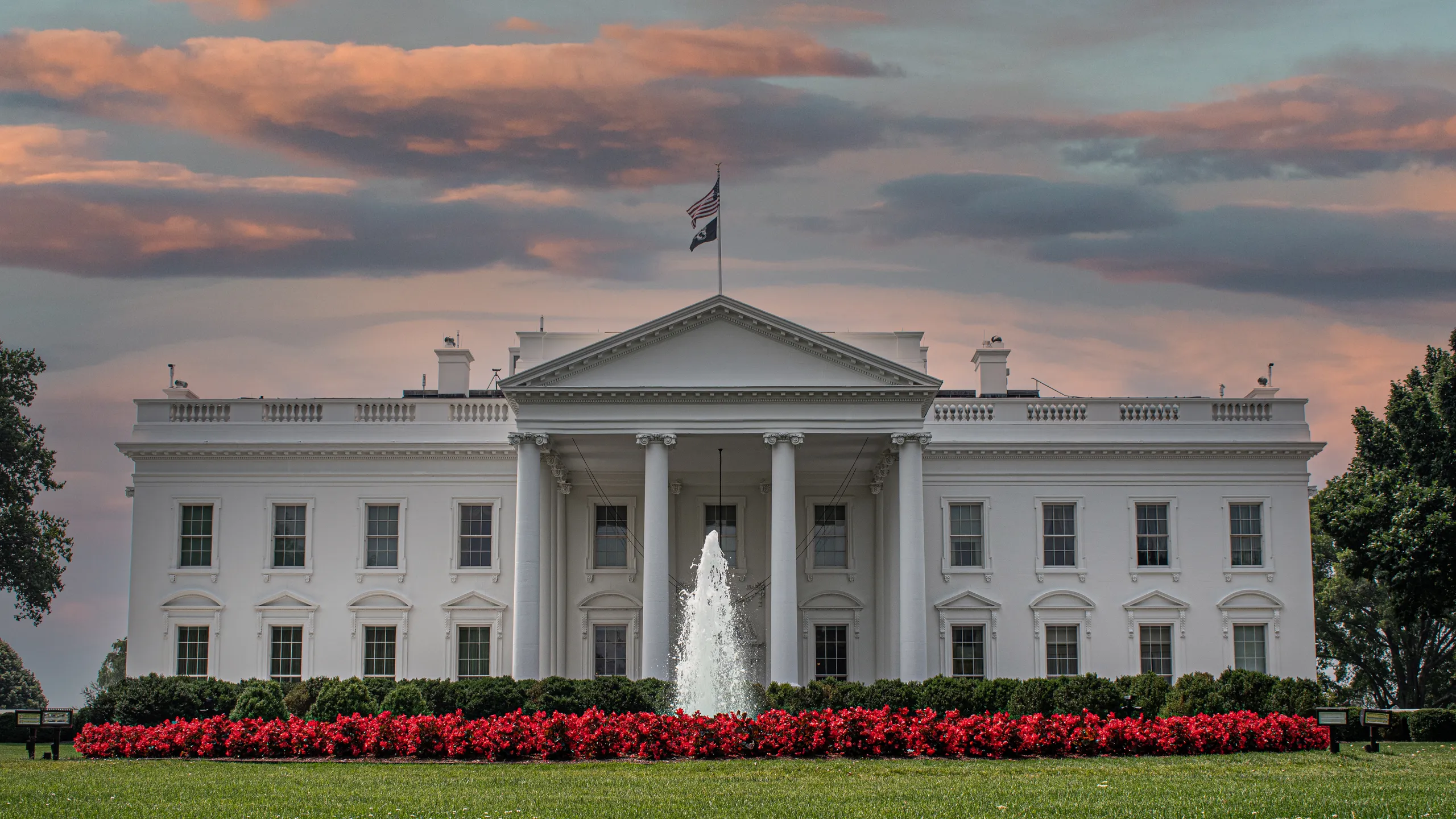In a surprising turn of events, the US White House has issued a statement emphasizing the shared responsibility of tech companies and governmental bodies in bolstering cybersecurity measures. The recently released document titled “Back to the Building Blocks” outlines crucial changes needed to fortify the digital realm against cyber threats and underscores the rationale behind these shifts.
One of the primary directives put forth in the report is the abandonment of memory-unsafe programming languages in the development of critical systems’ applications and codebases. Languages such as C and C++, lacking automatic memory management systems, pose inherent vulnerabilities, necessitating manual interventions by programmers to avert issues like buffer overflows. Instead, agencies like the NSA, CISA, and FBI advocate for the adoption of memory-safe languages like C#, Python, and Rust. While the task of rewriting existing software is monumental, the report suggests even incremental adjustments, such as reworking small libraries, can contribute significantly. Moreover, it advocates for the use of memory-safe languages in all future application development endeavors.
Additionally, the report underscores the significance of selecting appropriate hardware, emphasizing modern processors from industry giants like AMD, Intel, Nvidia, and Qualcomm, which incorporate features designed to enhance memory security. For instance, memory tagging extensions verify correct memory address handling within the code, albeit with a performance trade-off.
Furthermore, the report advocates for the utilization of formal methods, mathematical techniques for designing, writing, and testing code, as a reliable approach to ensuring application robustness. However, it notably overlooks the risks associated with generative AI’s potential to create vulnerable code, a concern that warrants attention and mitigation strategies.
A key challenge highlighted in the report is the difficulty in assessing the cybersecurity posture of complex software systems, particularly in the context of open-source projects reliant on volunteer contributions. While no definitive solution is offered, the report urges the research community not to disregard the issue, acknowledging its multifaceted nature.
The report concludes with a thought-provoking observation regarding the incentive structures within software development, suggesting that cybersecurity must be perceived as a business imperative, with CEOs and boards of directors assuming ultimate accountability. Consequently, ensuring software security is positioned as the responsibility of corporate entities rather than individual users.
While the reception of this report within the tech industry remains uncertain, its issuance underscores a commendable commitment by government entities to address cybersecurity challenges proactively. Ultimately, individuals can contribute by making informed consumer choices, prioritizing products and services offered by companies committed to robust cybersecurity practices. However, implementing the recommendations outlined in the report may prove challenging, highlighting the complexity inherent in safeguarding digital infrastructure.













